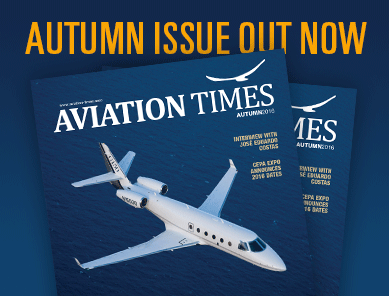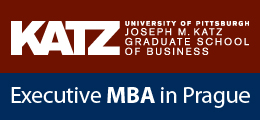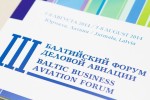Are Online Aviation Classes Worth It?
The challenges which occur while facing traditional annual pilot or other aviation employee theory training at aviation academies have caused many to search for alternatives. Active lifestyle and continuous traveling does not allow being in one place for long time periods. According to the Open Education Database, at this time, nearly three million ordinary students are enrolled in fully online programs to get college or university degree. Online education has clearly become one of the most popular education alternatives. Aviation industry does not lag and offers a simpler, more convenient and affordable access for pilots’ self-improvement.
Can it help you?
The most important thing is these courses are not only for pilots, but a number of related aviation personnel or administrative staff. Even the most basic online course requires the development of computer skills, which later on becomes helpful when trying to understand technical details, or visualizing complex systems, and how it applies for aircraft or air traffic control tower. Work in aviation sector requires a combination of several distinctly different skills, which may be fostered in a distance.
All online training courses content must regularly be refreshed according to the latest ICAO and EASA regulations and can also be customized according to the airline’s needs, allowing for greater focus on efficient theory training, and leaving more time for practical knowledge enhancement.
By combining the tried and tested methods of conventional training with the new generation computer-based training technology, pilots and crew are able to improve their skills both online and offline wherever they are.
How does it work?
Most of the courses are completed by using multimedia tools such as video, audio mp3, presentations, animations, web pages, and automatic correcting and referenced practice questions. Online courses suppliers generally provide online instructions and preparation for aviation written examinations. After the registration for the course at a supplier’s web-based platform, student will be able to login and complete the course using any device with the access to the internet (mobile phone, tablet, computer and etc.). After finished course and passed examination, on the chosen online platform student will receive an email, which is going to include certificate that can be printed and used forward.
It becomes difficult for airlines to collect all the personnel at one place for aviation knowledge update. There is a tendency observed industry-vide, that most of the airlines transfer pilots’ theoretical training to the internet. By selecting such training airlines establishes a transition score, which is generated by system just after pilot retained the test. The test scores are directed to the pilot, cabin crew, instructor’s or any other aviation industry member who has taken the test, portfolio. This process is much easier to monitor and compute for airlines because annual knowledge checks are required by ICAO.
No opportunity cost?
Online programs can be a more affordable option than traditional aviation training academies. This kind of studies format gives pilots an opportunity to plan study time around the flight routes and important life events, instead of spending all that time in the classroom. Ground handling sector representatives can also take huge advantage of the online courses and avoid being disturbed during the working hours. People can study when they are at their peak energy, as the course material is always accessible online. It is a good option when trying to balance work, family and learning commitments.
Online education can cost less due to unnecessary training facilities. The assortment of costs that are related to aviation training, such as travel expenses to the designated country where the aviation training organization is located, accommodation, or public transport costs don’t affect the online students. This facilitates the burden of payment.
When do you learn best?
In a conventional classroom setting, class meeting times are set, and the student has no power to choose where and how it will be held. Perhaps, for someone the most convenient place to learn is a bed. Online students can study in the pajamas! Lectures and other materials are electronically sent to the student, in this case for pilot or other aviation industry representative, who will then read them and complete assignments. With clever design, user experience, and multimedia, online instruction can prove to be a richer and more effective learning experience than traditional methods and channels. At the same time, students have the freedom to juggle their personal time to their best interest.
Online courses will never replace the traditional pilot training. Face to face communication between instructor and aviation sector student is important to transfer experience. Online courses could facilitate yearly knowledge refresher training, which will save the time and hassle. Distance learning is still a relatively young industry, promising a rich future of breakthroughs in aviation.
Source: BAA Training
Publishing or copying the content of AVIATION Times without a written electronic permission is strictly forbidden. If you have any information, tips, videos, photos or your press releases for us contact us at news@aviation-times.aero.
AVIATION TIMES © Copyright 2012 - 2026








